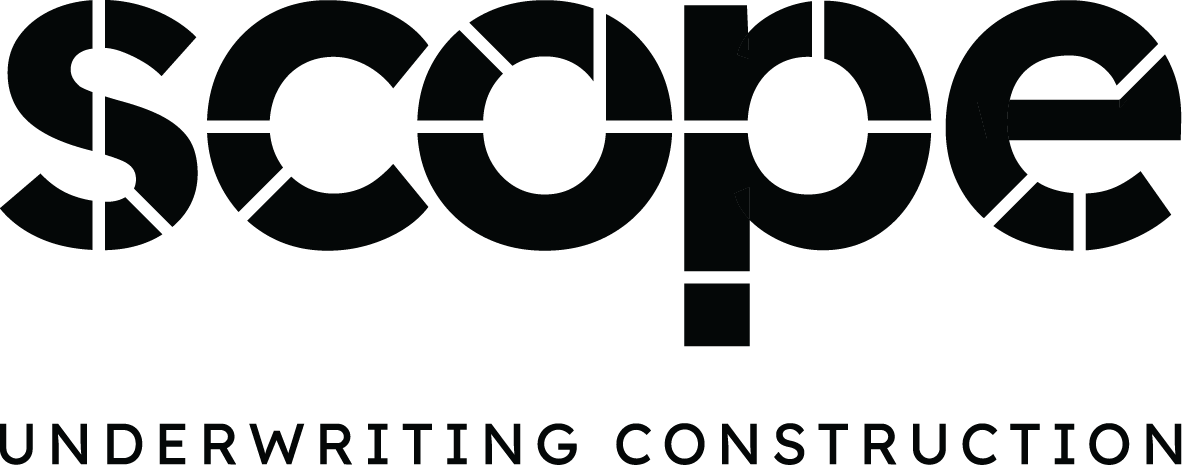Tell us a little about your journey to get to where you are today, launching an underwriting agency.
I have spent most of my working career in the construction insurance industry, both broking and underwriting. I have been involved in managing portfolios of SME construction business, all the way through to involvement in significant government programs.
What made you decide it was time to launch your own brand? What have you set out to deliver to the market?
After spending over 15 years in the construction insurance industry, I saw an opportunity to establish a more specialized and innovative approach. Nick and I built Scope Underwriting so that we could use our experience to support brokers in managing this complex class of risk. At Scope Underwriting, we deliver independent, tailored insurance solutions backed by deep industry expertise, offering flexibility, exceptional service, and a commitment to solving even the most challenging risks.
What was the gap in the market you have set out to fill?
We identified a gap in the Australian market, where many Insurers and Underwriting Agencies were either focusing on SME business through inflexible online portals, or solely catering to large Government and International programs for select multinational brokers. This leaves mid-market and SME brokers without the specialized support needed to build tailored insurance solutions. At Scope Underwriting, we aim to bridge this gap by providing all brokers and builders with the expertise, resources, and flexibility to craft insurance programs that meet their clients' unique needs.
And how do your products/approach achieve this?
We’ve built our product to adapt specifically to the unique requirements of each building project, ensuring that coverage is fully aligned with the actual risks involved. Unlike rigid, one-size-fits-all policies, our approach allows coverage to be adjusted up or down as needed, so builders aren’t burdened by paying for unnecessary protection. This flexibility ensures that builders only pay for the coverage that’s relevant to their project at any given stage, while also allowing them to scale up protection when the risk profile changes, providing both cost efficiency and comprehensive protection when it matters most.
What are some of the key industry trends you see effecting the construction insurance market in 24/25?
We anticipate several key trends shaping the construction insurance landscape over the next couple of years. One is the potential increase in insurance capacity entering the market, which could lead to a softening of premiums, lower deductibles, and broader coverage options. However, despite this, the profitability of Australian Construction Liability remains a challenge, meaning the market may not soften as quickly as other lines. Additionally, the downturn in the residential construction market, driven by rising interest rates and lower housing demand, is likely to affect project pipelines . In contrast, increased government infrastructure spending, such as significant initiatives like the Western Sydney Airport development and Melbourne’s Suburban Rail Loop , will fuel activity in the sector. At Scope Underwriting, we’re committed to diligent underwriting practices, ensuring we identify profitable sectors while remaining responsive to these market shifts.
What are your views on the availability of capacity for construction over the next 12-18 months?
While additional capacity is slowly returning to the construction insurance market, it’s entering cautiously. As a result, we don't expect a rapid softening of market conditions. Insurers are still likely to take a conservative approach, with restrained line sizes and careful deployment of capacity. At Scope Underwriting, we remain focused on providing tailored, flexible solutions to ensure that brokers and builders can access the right coverage, even in a fluctuating market.



